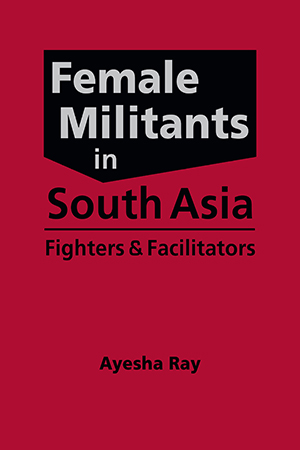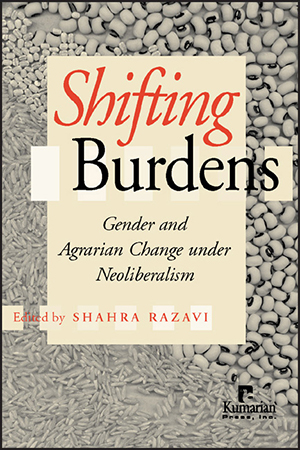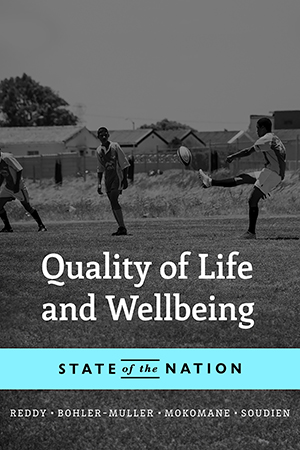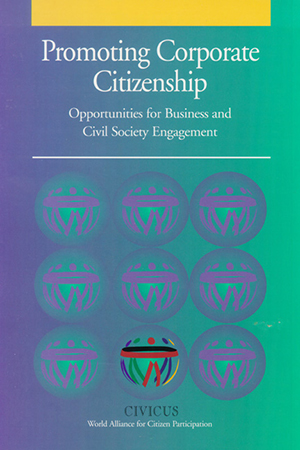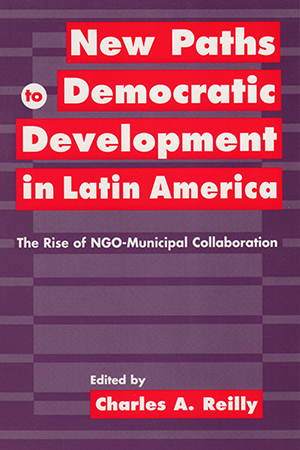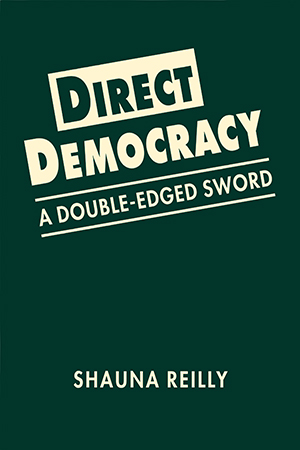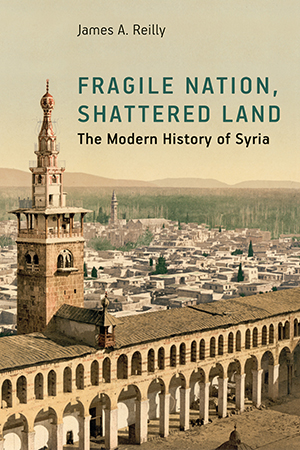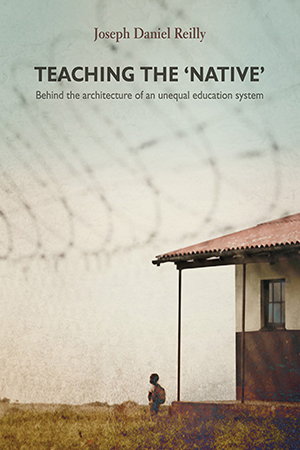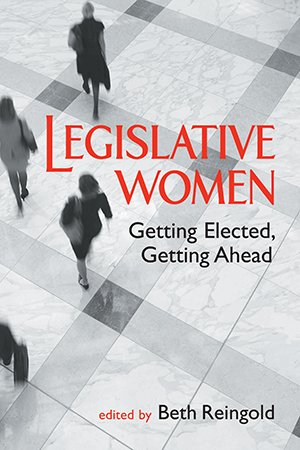BOOKS
Though often portrayed as lacking agency, women in South Asia, in considerable numbers, participate actively in the insurgencies that plague the region—taking up arms alongside men or More >
The authors of Shifting Burdens explore the often overlooked gender-related effects of the neoliberal policy shifts in rural development that have reduced the role of government and switched More >
In this latest entry in HSRC's State of the Nation series, the authors focus on fresh perspectives on notions of the quality of life and wellbeing in South Africa. Their work reflects More >
Latin America's cities and towns, where 72 percent of the region's total population of 432 million now reside, are the principal arena for redefining its social policy. Municipal More >
Direct democracy typically is lauded for putting power in the hands of the people. But is it really as democratic as it seems? To what extent, and in what circumstances, is it less about More >
How did the lands that are today Syria survive the vicissitudes of centuries of Ottoman, Egyptian, and French rule, only to stand in ruins today, shattered by a brutal civil war? To provide More >
"In 2015 South African universities exploded. Statues fell, students protested, and the entire edifice of South African education was thrown into question. Teaching the Native provides More >
This wide-ranging study grapples with the increasingly complex array of opportunities and challenges that face women today as both legislative candidates and elected officials. Offering More >
Israel is simultaneously a major exporter and a leading importer of the most modern weapons systems in the world. The exports of its arms industry provide the national economy with over $1 More >



